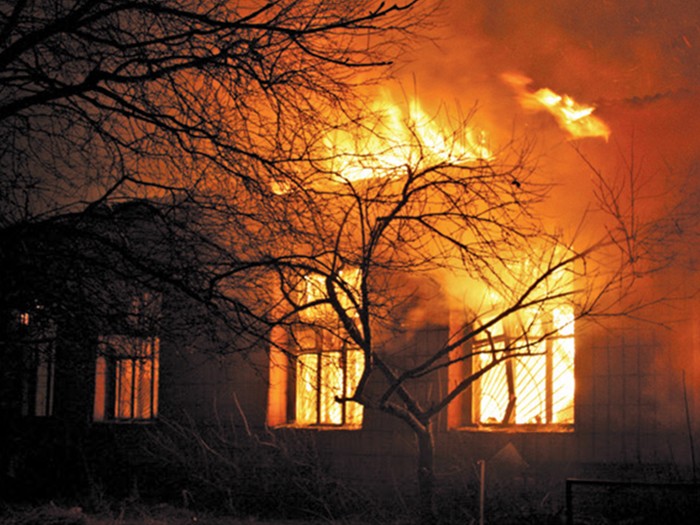Court Says Insurer Not Responsible for Refinery’s Fire Damage

Valero energy corporation purchased an oil refinery from Murphy Oil Corporation. One year later, that refinery had a large fire, causing extensive structural damage.
Valero reviewed the fire and, upon investigation, concluded it was directly linked to various acts and omissions Murphy committed prior to the deal.
To make matters worse, the Environmental Protection Agency (EPA) informed Valero it would seek to impose penalties for violations of the Clean Air Act based on the fire. Valero sent Murphy a letter demanding indemnity for the fire and any EPA penalties that were in the works. The letter further described additional violations of environmental law Valero’s investigation uncovered, accusing Murphy of having made misrepresentations/omissions during their deal.
In total, Valero expected $52 million in indemnification.
Murphy notified its insurer, Liberty Mutual Fire Insurance Company, asking for defense under its commercial general liability policy. Liberty declined because it alleged the policy did not provide coverage for a claim involving misrepresentations or omissions.
When Valero and Murphy eventually went to court, Murphy again requested defense from Liberty. Liberty refused, citing a breach-of-contract exclusion within the policy.
When Valero and Murphy eventually went to court, Murphy again requested defense from Liberty. Liberty refused, citing a breach-of-contract exclusion within the policy.
Murphy filed suit, seeking declaratory judgment and damages for breach of contract. Murphy argued Liberty had a duty to defend in the underlying Valero suit as per what the policy said, pointing to an exception to the breach-of-contract exclusion for liability damages that stated Murphy would still have to pay “in the absence of the contract or agreement.”
Murphy argued that, while Valero asserted a breach-of-contract claim in its complaint, that count was really just a tort claim in disguise. The court reviewed the policy language, taking into account the exception Murphy alluded to. It found no sound evidence to support Murphy’s claim.
“In this court’s view … the language of the policy itself … ultimately require[s] ruling that the policy provides no possibility of coverage for (and therefore no duty to defend against) Valero’s claims against Murphy,” it said.
Scorecard: Liberty Mutual Fire Insurance Company is off the hook for the underlying suit between Valero Energy Corporation and Murphy Oil Corporation.
Takeaway: For large-scale sales and other business deals, it is wise for companies to review the assets being sold to avoid oversight.










